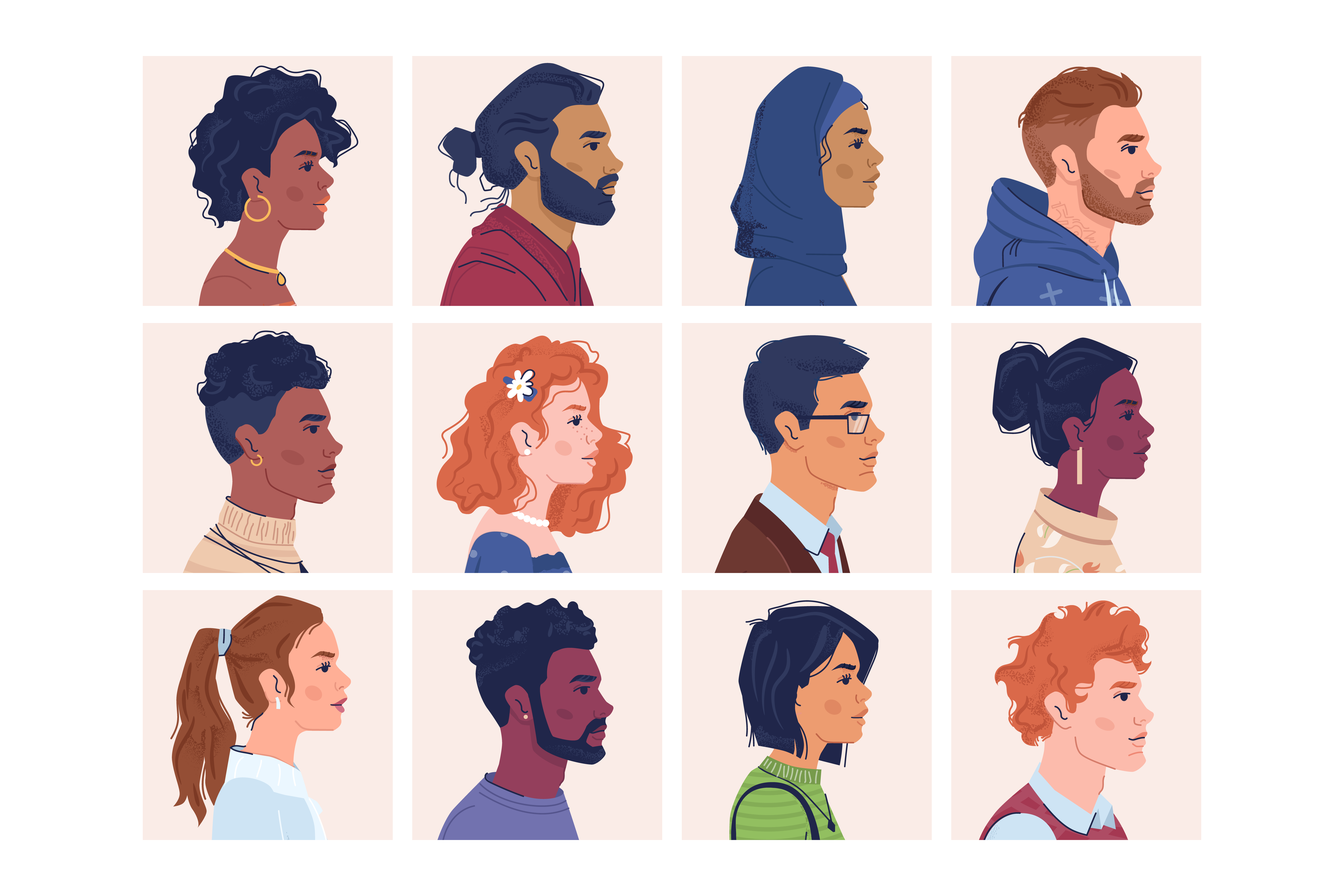In the global conversation about propaganda and information control, much attention is often focused on authoritarian regimes like China and Russia. However, Western democracies are not immune to accusations of suppressing and regulating information to serve political and ideological ends. A closer look reveals how these practices manifest in the West, with a particularly controversial example being Islamophobic bias in media and government policies.
The Western Paradox: Freedom vs. Control
Western nations pride themselves on upholding the principles of free speech and a free press. Yet, there are instances where these very principles are compromised under the guise of national security, public order, or combating terrorism.
Case in Point: Islamophobic Media Bias
In the aftermath of terrorist attacks in Western countries, there has been a noticeable increase in media bias against Muslim communities. Studies have shown that news coverage disproportionately links Islam with terrorism, contributing to widespread Islamophobia. For instance, a report by the European Islamophobia Report highlighted how media outlets in countries like France and the UK often frame Muslims in a negative light, perpetuating stereotypes and fear.
Case in Point: Government Policies and Surveillance
Western governments have also implemented policies that target Muslim communities. Programs like the UK’s Prevent strategy, designed to stop individuals from becoming terrorists, have been criticized for disproportionately targeting Muslims and fostering suspicion within these communities. Similarly, the widespread surveillance practices revealed by whistleblower Edward Snowden showed how governments, including the United States, monitor citizens’ activities under the pretext of national security.
The Role of Social Media Platforms
Social media platforms in the West are often seen as champions of free expression, yet they are also complicit in the suppression of certain viewpoints.
Case in Point: Content Moderation and Bias
Facebook, Twitter, and other platforms employ content moderation policies to curb hate speech and misinformation. While these policies are essential for maintaining a safe online environment, they can also be wielded unevenly. Reports have surfaced of platforms disproportionately censoring content from Muslim activists and voices critical of Western foreign policies in the Middle East. This selective moderation raises concerns about bias and the suppression of legitimate discourse.
Western Governments and Propaganda
Western governments are not just regulators but also active participants in propagandizing. They use media and public relations strategies to shape public opinion and suppress dissent.
Case in Point: Information Warfare
The use of information warfare by Western governments is well-documented. The US and its allies have been involved in numerous covert operations to influence public opinion both domestically and internationally. This includes funding media outlets, using social media bots, and spreading disinformation to undermine adversaries and control narratives.
Controversial Examples: Islamophobia as Propaganda
Islamophobia is a particularly controversial example of how Western governments can perpetuate propaganda. By framing Muslim communities as inherently linked to terrorism, these governments not only justify stringent security measures but also divert attention from other pressing issues.
Case in Point: Political Rhetoric
Political leaders often use Islamophobic rhetoric to garner support and distract from domestic problems. This tactic creates a convenient scapegoat, allowing governments to rally public opinion against an external ‘threat’ while deflecting criticism from their own policies and failures.
Case in Point: Media Collaboration
There is a symbiotic relationship between governments and media in propagating Islamophobic narratives. Governments provide the overarching narrative, which the media then amplifies, creating a feedback loop that reinforces public fear and justifies repressive measures.
Conclusion: The Need for Vigilance and Accountability
As we examine the role of Western governments in suppressing and regulating information, it becomes clear that the principles of free speech and a free press are not always upheld. The use of Islamophobic bias as a tool of propaganda underscores the importance of vigilance and accountability.
Call to Action
At BelleMedia, we advocate for transparency and the protection of free speech across all platforms and governments. We must hold our leaders accountable and ensure that regulatory measures do not become tools of propaganda. Join us in this crucial conversation and share your thoughts on how we can combat bias and uphold the integrity of information in the digital age.

